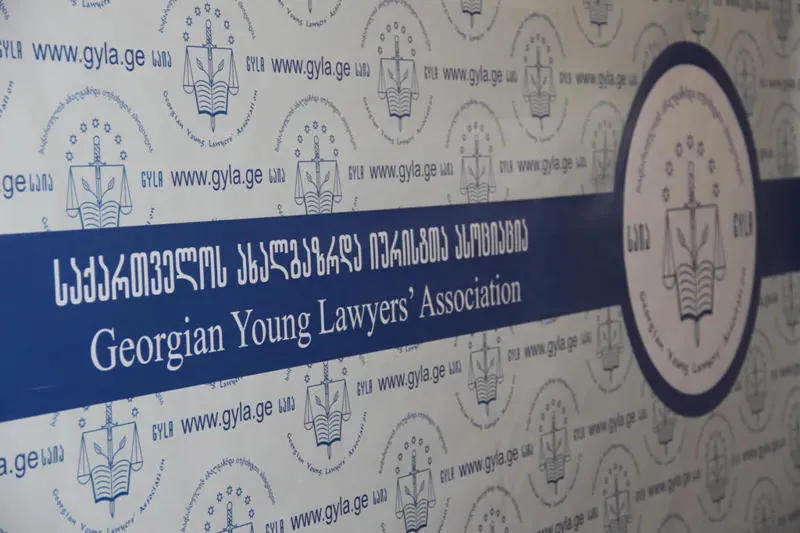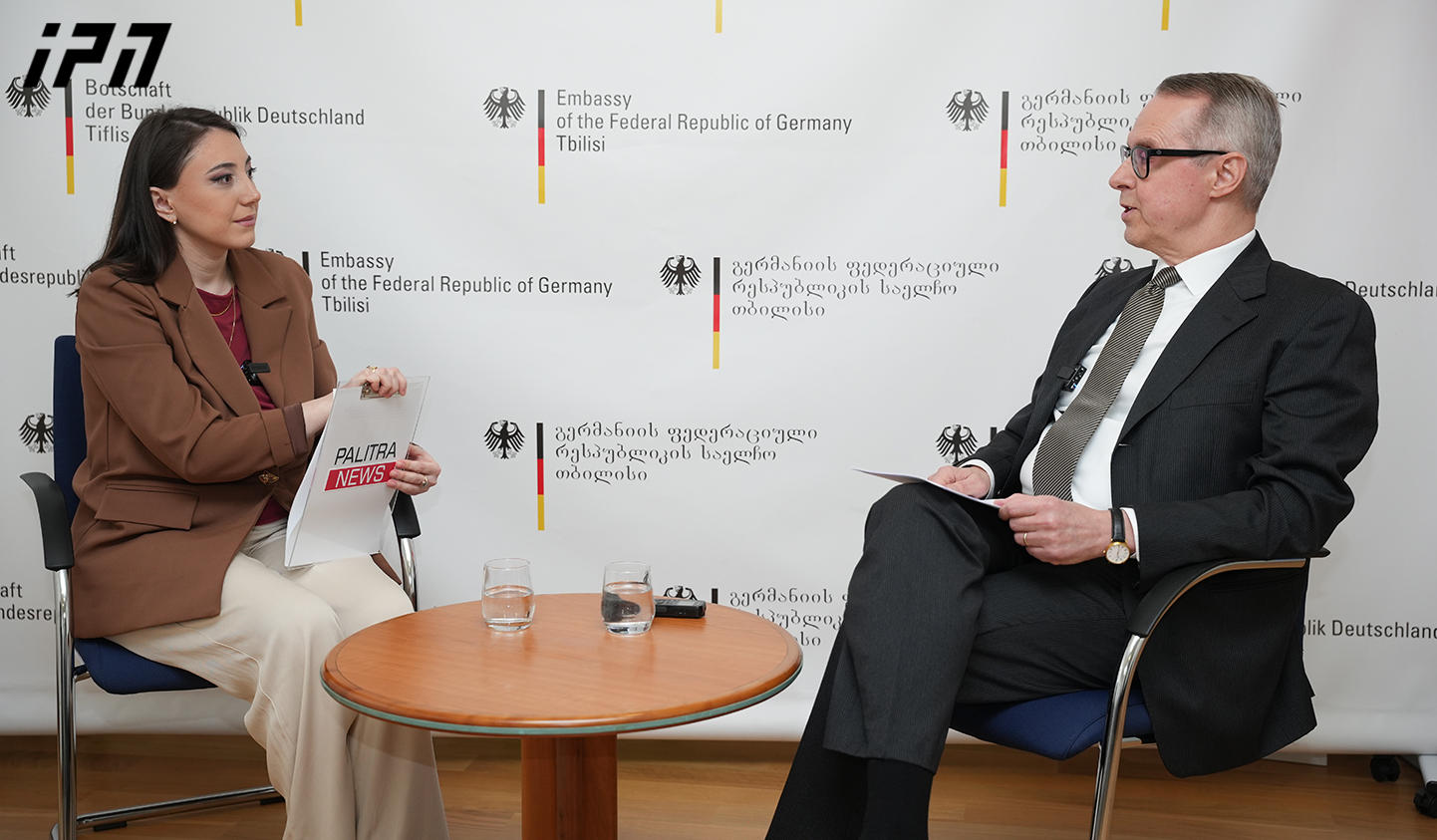GYLA: The amendments to the Law on Freedom of Speech and Expression represent yet another example of Georgian Dream’s repressive policy

The Young Lawyers’ Association (GYLA) has condemned the amendments to the “Law on Freedom of Speech and Expression” as repressive.
“GYLA notes that the amendments to the Freedom of Expression Act are yet another example of Georgian Dream’s repressive policy, aimed at shrinking freedom of expression, political discourse, pluralism, media, and civil space,” the statement reads.
Furthermore, GYLA believes that, based on previous practices—such as unconstitutional changes to the Broadcasting Law and administrative sanctions for online comments—these new amendments are likely to be used repressively against citizens and critical media.
“On June 18, 2025, the Georgian Parliament rapidly considered amendments initiated by Georgian Dream, and on June 27, they were adopted in the third reading.
These changes remove significant guarantees of freedom of expression. Most notably, they abolish the qualified privilege and shift the burden of proof in defamation cases from the plaintiff to the respondent. The wording is also changed to impose “appropriate liability” for defamation in civil proceedings. Changes affecting the protection of confidential sources and professional secrecy are also alarming. Additionally, the law’s provisions will apply retroactively to the period before the amendments’ adoption, which, according to GYLA, violates legal certainty,” the association’s brief states.
GYLA’s detailed critique:
Abolishing qualified privilege and restructuring defamation laws;
Before the amendments, qualified privilege protected certain expressions of opinion if the speaker had taken measures to verify accuracy, acted in the public interest, sought consent from the subject, responded proportionately to comments by the plaintiff, or reported on matters of public interest.
“This change contradicts constitutional and international standards protecting freedom of expression. Qualified privilege is essential to democratic pluralism—it shields participants in public discourse, particularly concerning public figures. Its removal undermines that foundational democratic safeguard.
International legal standards, such as the ICCPR, protect speech concerning public figures and public interest matters. Restrictions aimed at shielding public institutions or officials from criticism are impermissible. Removing qualified privilege directly conflicts with these protections,” the statement explains.
Shifting the burden of proof in defamation cases
The amendments transfer the burden of proof in defamation claims from plaintiffs (often public figures) to defendants, which GYLA warns effectively creates a “presumption of falsity” and encourages SLAPP actions.
“Journalists must be free to verify their sources and publish responsibly. The prior law met these standards, but the new one severely lowers them in Georgia. This will exacerbate existing abusive SLAPP litigation, where courts often impose burdensome standards on the defense, treat defamation claims with undue procedural speed, or accept them without thorough justification. The amendments institutionalize these problematic court practices,” the association argues.
Unspecified liability standards
The new version of Article 13 replaces “civil liability for defamation” with “appropriate liability for defamation”—a vague and unsettling change. During debates, some ruling party MPs suggested that criminal sanctions for defamation could be introduced later.
“Criminal defamation would be a grave incursion into freedom of expression. UN human rights experts consistently advise against criminalizing defamation. The European Court regards criminal penalties as disproportionate. This amendment paves the way for dangerous precedents and equips the ruling party with another tool to silence criticism,” GYLA warns.
Weakening protection for confidential sources
Amendments also weaken protections for confidential sources and professional secrecy. GYLA notes:
“In democratic societies, exposing government or official wrongdoing—even when based on confidential or classified information—is crucial for public oversight. Weakening these standards leaves journalists vulnerable, particularly when reporting on corruption or misconduct—thus undermining transparency and accountability.”
Retroactive application
Applying the law retroactively to acts committed within 100 days before adoption violates the principle of legal certainty. GYLA states:
“Legal certainty protects individuals’ legitimate expectations and is essential to the rule of law. Applying criminal norms retroactively undermines this foundation. This change poses a chilling effect on expression, as people cannot reasonably anticipate what actions might become punishable or how their prior actions may be judged.”
